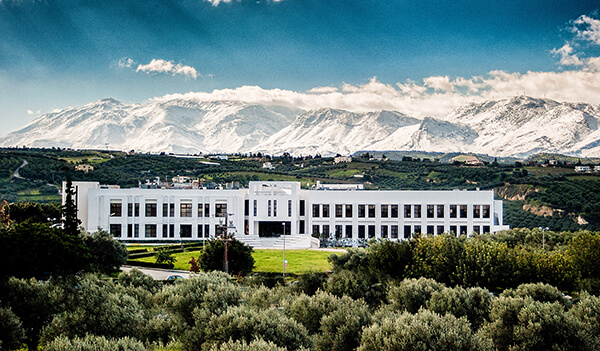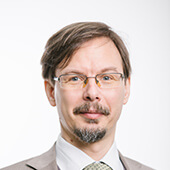Event
University of Crete (UoC), Greece, Foundation for Research and Technology - Hellas (FORTH), Greece, Saint-Petersburg National Research University of Information Technologies, Mechanics and Optics (ITMO University), Russia, University of Amsterdam, the Netherlands (UvA), and Consortium of H2020 EU MSCA RISE ProjectReverse Engineering of Social Information Processing - RENOIR announce 2019 International Young Scientists Conference for young researchers and professionals in HPC technologies and computer modeling to take place at University of Crete, Heraklion, Greece.
The Conference aims to strengthen the ties between young scientists in different countries, thus promoting future collaboration in the framework of Computational Science and major application aspects of High Performance Computing, Computer Modeling and Simulation to tackle a wide range of issues in science, industry and business. Special topics of the Confence will include also models of opinion dynamics, media science science of science, data mining of social web as well as sentiment analysis.
Simulation and systems thinking is one way to explain the complex world in which we live. By collecting data and creating computer models, scientists can make predictions on critical problems, such as how to influence the flow of traffic, how an epidemic will spread or the probability of individuals in society becoming addicted to drugs. The conference will cover the aspects related to HPC, BigData, large scale simulation of complex systems and offers an ideal range of topics for final year Master’s student or starting PhD students interested in this domain.
Invited lectures will be delivered at the Conference in the framework of a Summer School of H2020 EU MSCA RISE ProjectReverse Engineering of Social Information Processing - RENOIR, www.renoirproject.eu







